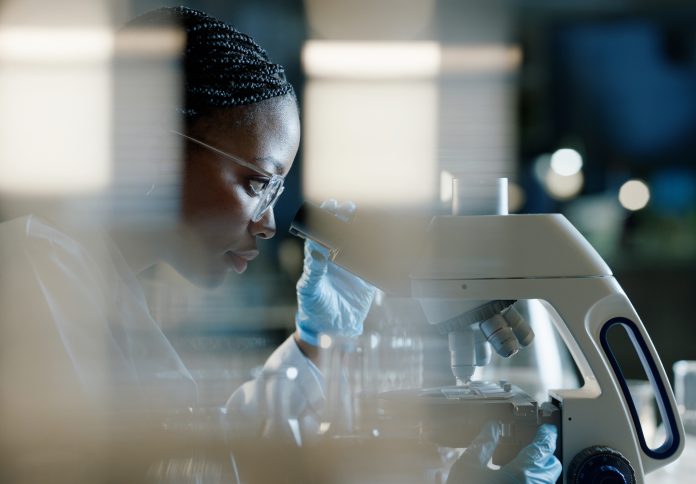The European Research Council (ERC) has announced that it will support 245 groundbreaking research projects through €36.75 million in grants
These grants are part of the 2024 ERC Proof of Concept (PoC) grant competition, which is in place to allow researchers to apply their pioneering projects in the real world.
How does the PoC competition work?
The second round of the 2024 PoC competition, which recently finished, will make sure 134 projects receive €150,000 each.
With this funding, projects can enter the early phases of commercialisation, with researchers being able to explore the potential social and commercial impact of their findings.
The grants will support a range of scientific professions, from life sciences to physical sciences and social sciences.
Promoting research projects and innovation in Europe?
The PoC funding is part of the European Union’s Horizon Europe programme, designed to promote European research and innovation.
Established in 2007, the ERC is known for funding high-risk, high-reward projects that address some of society’s most important challenges.
Over the two rounds of the 2024 PoC competition, 698 proposals were evaluated, with 245 projects selected for funding across 20 countries.
Examples of research projects supported through the grants
The projects supported by the ERC PoC grant include innovative work in areas such as cancer therapy, food fraud detection, and blood circulation imaging.
These projects will push the boundaries of scientific discovery and may also have huge societal impacts.
New discoveries in cancer research
One such project, led by Kinga Kamieniarz-Gdula from the Adam Mickiewicz University in Poland, focuses on improving cancer treatments.
Kamieniarz-Gdula’s team is investigating a newly discovered weak point in cancer cells that could lead to more effective therapies. Their research explores the process of RNA transcription termination, a key step in gene expression. With ERC PoC funding, the team hope to develop a platform for screening potential cancer drugs.
Tackling food fraud
Another ERC PoC grantee, Matthew Collins from the University of Cambridge, is tackling food fraud, which risks consumer safety and the integrity of the food industry.
Collins is developing a new protein analysis technology that combines peptide mass fingerprinting with a laser-assisted method.
This breakthrough changed how the authenticity of food was verified, ensuring that consumers received safe, high-quality products.
The technology could also help prevent the mislabeling of food and animal feed, reducing food fraud’s economic and health-related consequences.
Visualising blood flow
These grants will also support projects involving medical imaging. Jørgen Arendt Jensen from the Technical University of Denmark is working on a device to visualise blood flow in microvessels.
Changes in microcirculation can be linked to various life-threatening conditions, including diabetes and hypertension. Current imaging methods struggle to detect microvascular damage, making early intervention difficult.
Jensen’s project hopes to develop a real-time ultrasound scanner that can capture detailed images of tiny blood vessels with better speed and accuracy. This technology could transform diagnostics and disease treatment by enabling doctors to monitor microvascular health more effectively.
The 134 new grantees show a range of scientific projects from across Europe, with the most grants awarded to researchers in Germany, Italy, and the Netherlands.
Other countries with significant funding include Spain, the UK, and Israel.
These projects show the continued ERC’s commitment to supporting researchers working on some of the most important global challenges, from health to food security, sustainability, and innovation.
By supporting these innovative projects, the ERC is advancing scientific knowledge and encouraging the development of technologies that can improve lives, boost economies, and contribute to the greater good.











